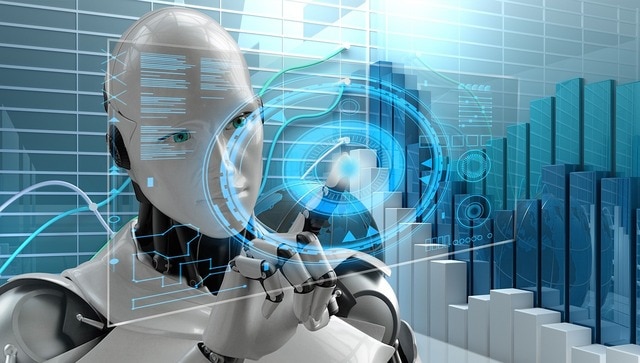Tech
Generative AI can give people 'superpowers', add $4.4 trillion annually to global economy
The report, spanning 68 pages, predicts that half of all work could be automated between 2030 and 2060. This optimistic forecast highlights the economic impact of this rapidly evolving technology
FP Staff Last Updated:June 14, 2023 16:17:09 IST 
Representational image. Pixabay
A recent report from McKinsey Global Institute has stated that generative artificial intelligence is projected to contribute up to $4.4 trillion annually to the global economy. This optimistic forecast highlights the economic impact of this rapidly evolving technology.
Generative AI includes chatbots like ChatGPT, Google Bard, which are capable of generating text in response to prompts, and have the potential to significantly increase productivity by automating 60 per cent to 70 per cent of workers’ tasks.
The report, spanning 68 pages, predicts that half of all work could be automated between 2030 and 2060. McKinsey’s previous forecast had indicated that AI would automate half of all work between 2035 and 2075. However, the emergence of powerful generative AI tools has accelerated the timeline for this transformation.
Related Articles
Australia to allow use of AI apps like ChatGPT in schools from 2024
Power-hungry: AI bots like ChatGPT will have higher energy demands than many countries by 2027
The report states that generative AI has the capacity to reshape work dynamics by augmenting the capabilities of individual workers through task automation.
Tech companies have been investing billions of dollars in this technology, fueling excitement and debate about its implications for jobs and the global economy.
While some experts predict that AI will displace human workers, others argue that these tools can enhance individual productivity. Goldman Sachs recently released a report warning about potential worker disruption caused by AI, while a study from Stanford and MIT highlighted how generative AI could increase the productivity of call centre operators.
Most economic studies on generative AI primarily focus on its potential benefits, without fully considering other risks associated with the technology, such as the spread of misinformation and loss of human control.
Lareina Yee, a partner at McKinsey and co-author of the report, suggests that generative AI can provide “superpowers” to highly skilled workers by summarising and editing content.
The report also acknowledges the challenges that industry leaders and regulators must address, particularly regarding concerns about misleading and inaccurate content generated by AI tools.
With inputs from agencies
Read all the Latest News, Trending News, Cricket News, Bollywood News,India News and Entertainment News here. Follow us on Facebook, Twitter and Instagram.



